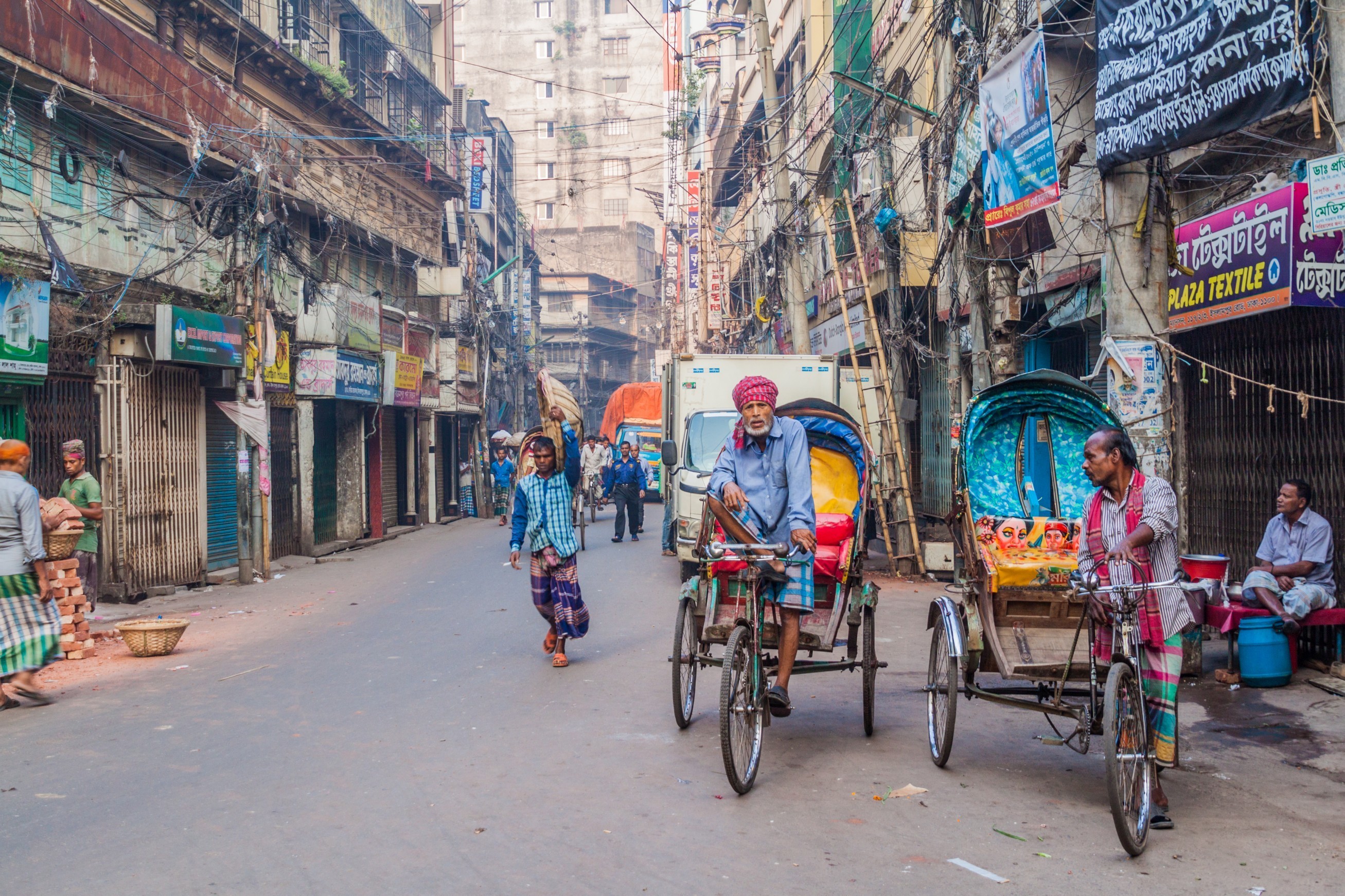IANPHI Showcases Project Successes

Five countries, five approaches. What they have in common is the IANPHi support that has helped each country build capacity to address health challenges, according to the NPHI directors who presented progress reports at IANPHI’s 2012 Annual Meeting in Mexico City.
Nigeria’s National Institute of Medical Research (NIMR) is training personnel and advocating for stepped up laboratory quality and certification nationwide inorder to improve the quality of laboratory diagnoses and overall health care in Nigeria. Of the more than 5,000 diagnostic laboratories operating in Nigeria, only two are accredited by the International Organization for Standardization (ISO). An IANPHI-funded workshop yielded two dozen newly trained laboratorians and three master trainers primed to support a national roll out of lab accreditation programs. Before the IANPHI support, NIMR had to rely on outside trainers. The new master trainers also will be a major source of technical expertise for the region. See the presentation.
Bangladesh is using the web and cell phones for surveillance and is training doctors, statisticians and staff in outbreak investigation and response. Strategic investments by IANPHI are enhancing the existing web-based reporting platform to extend its use to the local level and integrate and coordinate the many siloed surveillance systems operating in the country.The project also facilitated development and expansion of surveillance beyond infectious diseases. IEDCR piloted a modified Behavioral Risk Factor Surveillance System to collect information on risk behaviors contributing to noncommunicable diseases and injuries. See the presentation.
Mozambique is acting on its strategic plan, created with the help of Brazil’s FIOCRUZ and the U.S. CDC, to provide training opportunities, a new soon-to-be-constructed reference NPHI, and a tiered public health laboratory network. A $400,000 IANPHI investment in planning has leveraged close to $14 million in donor funds and technical assistance from the U.S., Brazilian, Portuguese, and other governments resulting in improved disease surveillance, national laboratory capacity, and evidence-based policy. See the presentation.
Seed funds from IANPHI have spurred self-sufficiency and health research growth at the Uganda Virus Research Institute. IANPHI has supported long-term strategic planning and creation of a business plan for UVRI, prompting junior scientists to leverage more than $16 million in research dollars and achieving long-term financial sustainability for the institute. See the presentation.
And Togo is moving toward creating a comprehensive NPHi that can address the major health problems of the Togolese people. With IANPHI funding and assistance from France’s Institut de Veille Sanitaire (INVS), German’s international cooperation agency (GTZ) and Morocco’s Institute Pasteur, Togo has taken steps to improve the quality of laboratory services for disease surveillance and outbreak response and to integrate laboratory and epidemiologic efforts. See the presentation.